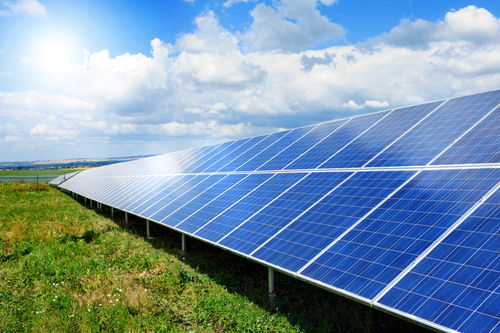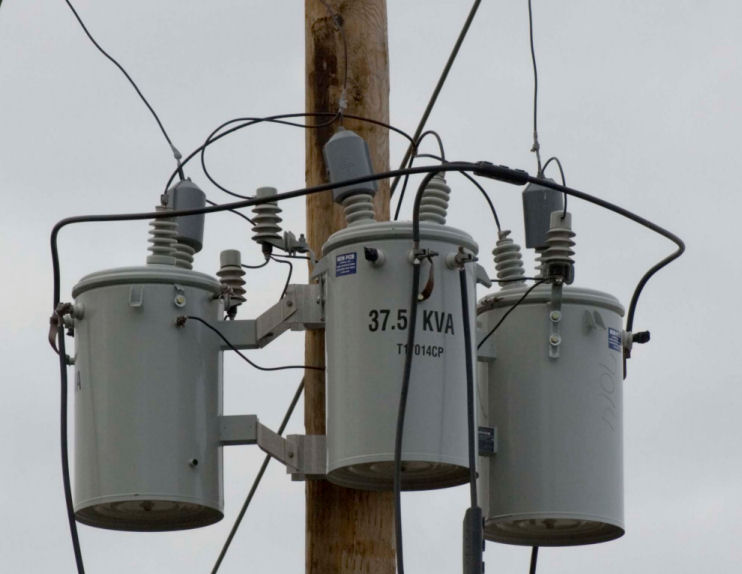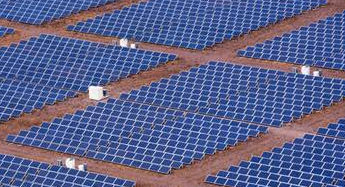Georgia Solar Farms
![]() Commercial
Solar Farms
Commercial
Solar Farms
Georgia Solar Installers would
like to help you develop your solar farm in our
peach state. The state is blessed with a great
resource of an average of 5 hours a day of
maximum sunlight for solar production.
Commercial solar farms are an excellent method to
develop
underutilized land or land that is not suitable
for modern production farming and allow it to
grow a new crop - ENERGY!
 The
energy produced by your solar farm will be sold to the
local utility at a contracted price. The money
generated by the solar farm will be used to pay down
the construction debt and cover the day-to-day operating and
maintenance costs.
The
energy produced by your solar farm will be sold to the
local utility at a contracted price. The money
generated by the solar farm will be used to pay down
the construction debt and cover the day-to-day operating and
maintenance costs.
The land owner typically does not own the commercial solar farm, but is paid a lease payment for the land developed for the solar farm. That lease payment will be contracted through the expected life of the solar farm, usually at least 20 years.
Interconnection:
Not every acre of land is suitable for a
commercial solar farm. The #1 item needed for a
commercial solar farm is a place to interconnect with the
electrical grid. To interconnect to the grid
one or all of these items are needed:
1) The minimum requirement is the utility's 3 phase distribution line running through or next to the property
2) A large distribution transformer positioned on or near the property
3) A distribution substation adjacent to the property
Not having one of those 3 interconnection points will not necessarily kill your solar farm before you begin but it will raise the cost of construction considerably where the solar developer may pass on the property. NOTE: It is more economical to interconnect to the utilities distribution lines vs. its transmission lines. The solar developer you work with will analyze the distribution vs. transmission interconnection process.
Acreage Needed:
On average you need
approximately 5 acres of land for each 1MW under
development. 100 acres will allow for approximately
a 20 MW solar farm. The solar developer will want to
do no less than 1MW due to the economies of scale
needed to drive down the cost of construction. Again
the interconnection point is important to the
size of project that can be built.
Having land with an unobstructed view of the south will be required. The land should be fairly level and dry.
CUVA and Preferential Property Tax Impact:
One point before contacting a solar developer is to check with your county tax assessor to determine if there are tax restrictions for developing your farm land. In Georgia both CUVA Land Conservation Tax Incentives (Conservation Use Valuation Assessment) and the Preferential Property Tax Assessment Program can add significant costs to a project. Check with your tax advisor before contacting a solar developer. Developing a solar farm may impact the tax treatment of the entire parcel of land. Contact your tax advisor for property tax advice.
Interested in developing a solar farm?
Click Here to contact a solar developer


